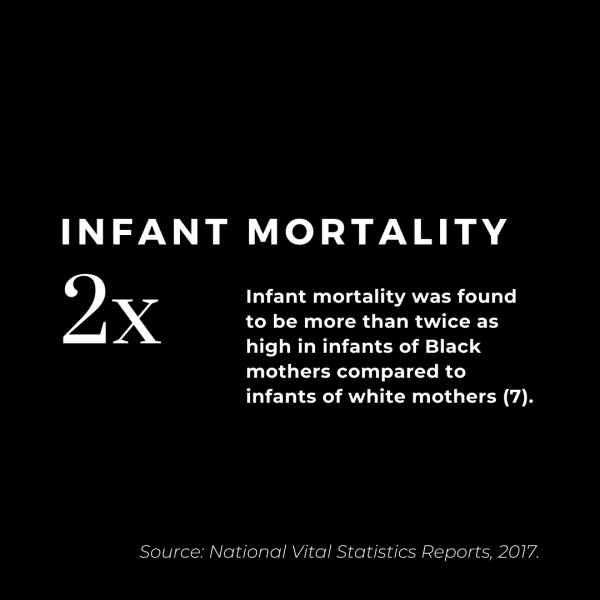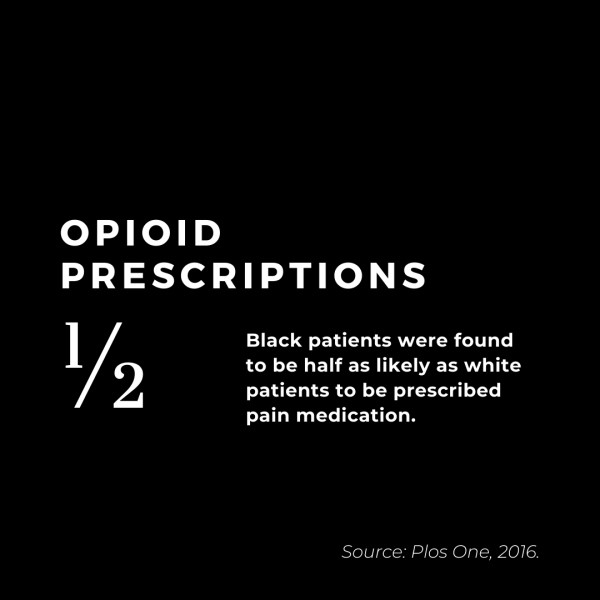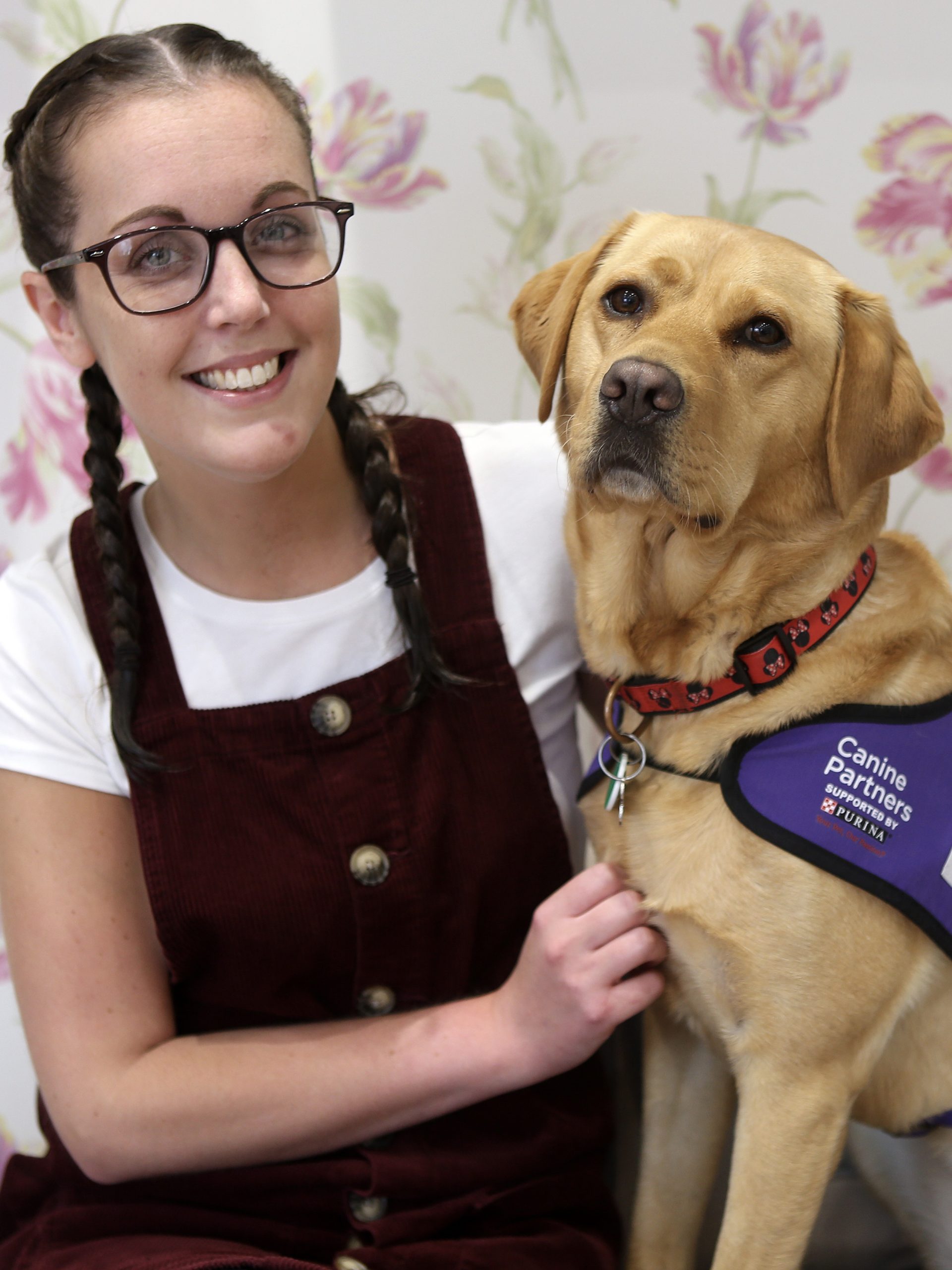
* This post is written by our previous Website Administrator. *
* TW: maternal mortality. *
Hi readers, and Happy Black History Month! For me, as a Black person, Black History Month is an opportunity to celebrate and uplift Black culture, Black people, and Black achievement. The sad truth is we live in a society built on systemic oppression and marginalisation, so any opportunity to hear and share stories of overcoming adversity and celebration of identity are so valuable!
There are so many positive things to highlight during this month about how far we have come. But there are also a lot of difficult truths to acknowledge about how far we have to go. I wanted to share some thoughts on why considering race (amongst other factors, such as gender, age, etc.) is such an important part of my advocacy as a disabled person, and why it's relevant to all of us. This is called intersectionality.
I think a big part of understanding intersectionality is an understanding of privilege(1). Before I became disabled, I had privilege as an able-bodied person, along with living in a country where I fluently speak the official language as my first and having two parents who, although both immigrants, spoke English as their first language and were educated to university level. Still a Black girl, I was very aware of how my experience of the world would be shaped by these aspects of my identity - my race and my gender - and the way others perceive me. But I was still afforded certain opportunities that some of my peers weren't because of some of these differences. Crucially, I didn’t have to worry about being a victim of ableism.
Having social privilege didn’t mean I never faced challenges. It meant any challenges I faced were not caused by being disabled or, more specifically, society’s treatment of disabled people - I didn't face additional barriers brought by being disabled.
Now, navigating the world as a disabled Black woman, there are additional factors that play a part in my day to day life experiencing marginalisation.
When you are part of multiple marginalised groups, these identities don’t exist on their own. They intersect. Not only am I a Black person, and a woman, and disabled, but a disabled-Black-woman.
If you’re reading this, you will have some form of social privilege - we all do. It could be your race, gender, sexual orientation or age. Or it could be something else entirely. Privilege is not an accusation, nor is it a criticism of our character. Rather, we need to acknowledge and accept the ways social privileges affect our perspective and experience of the world around us and the roles we play.


Many of us in the disabled community already know the pain of being overlooked, particularly when it comes to invisible disabilities, or illnesses that don't "objectively" show up in tests and scans. The healthcare sector is sadly full of a lot of implicit bias. Statistically, this is especially true for Black women. Some examples of this are how in the United States, Black women are 2 to 6 times more likely to die from pregnancy complications(2), or how skin conditions are often underdiagnosed or misdiagnosed in Black patients due to a lack of education on how these may present on darker skin(3). This can even include life-threatening skin conditions, like melanoma.
Why does this happen? Probably a combination of a lot of things. Not only can facing discrimination have a negative impact on a person's general health(4), but we are still experiencing the effects of a really painful and ugly history of prejudice in medicine. This still has an impact today, sometimes in ways that are really clear and other times in ways that aren't so clear. Also, a lack of diversity and representation from the very beginning can lead to an entire demographic of people being failed.
It’s really important to understand that the concept of intersectionality is not about comparing experiences simply to pick out who has it worse and minimise anyone else's struggles. The disabled and chronically ill community as a whole has unfortunately been mistreated, neglected, and overlooked in a lot of ways for too long.
Take the diagnosis of Autism Spectrum Disorder (ASD), for example; ASD is known for being poorly identified in girls compared to boys(5). However, the underdiagnosis of ASD in girls does not negate the individual challenges that a young boy in school may face when seeking his own diagnosis, or that ASD isn't still sometimes missed in boys. Similarly, the lack of a racial element in an individual’s personal journey with disability and ableism does not make their experience any less valid, meaningful, or relatable.
I've chosen to discuss race because of Black History Month, and because it's so relevant to my lived experience. The truth is, intersectionality is not just about race. It’s also about gender, sexuality, class, age, and so many other factors. As I touched on earlier, it’s the reason ASD is identified at a lower rate in girls than boys, and it even means that women with mobility issues are often unable to access breast and cervical cancer screening because the equipment does not accommodate them(6).
Being aware of the role of intersectionality in the lives of the people around us means we are best equipped to look after and stand up for one another, on each other’s behalf. No single person is expected to dismantle these systems on their own - that would be a LOT of responsibility. Coming to terms with and learning how to navigate our own social privilege can be really hard too. Most of the time, it starts out simply with a listening ear and a willingness to learn more every day.
Much love and Happy Black History Month, Hannah x
Sources:
1. Why It's Important to Think About Privilege — and Why It's Hard
2. Alarming Racial Differences in Maternal Mortality
4. Ethnic inequalities in health: the impact of racism
5. What About the Girls? Sex-Based Differences in Autistic Traits and Adaptive Skills
7. Physician-patient racial concordance and disparities in birthing mortality for newborns
8. Infant Mortality in the United States, 2017: Data From the Period Linked Birth/Infant Death File

Hi, I'm Lauren and I have been living with a collection of disabilities for the past 8 years. I initially had a passion for teaching children with special needs, but my health prevented me from pursuring my dream career. Despite this, I now love nothing more than sharing my experiences to help other people living with disabilities.
Hi, I’m Lori and was diagnosed with Ehlers Danlos Syndrome and a family of co-morbid conditions which has made life highly complex. However I constantly aim to make life as ‘normal’ and fulfilling as possible - and through this, I discovered the benefits of writing about my journey.
 GET IN TOUCH
GET IN TOUCH


